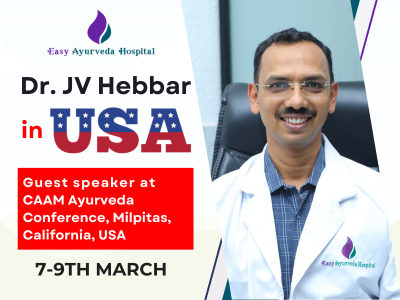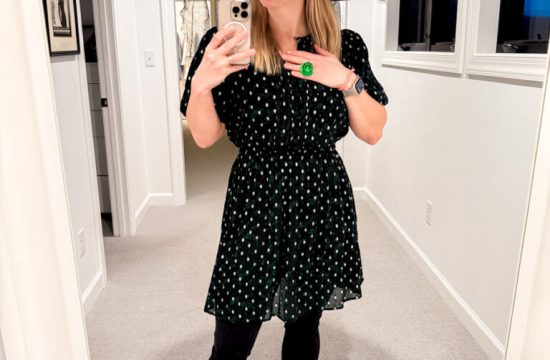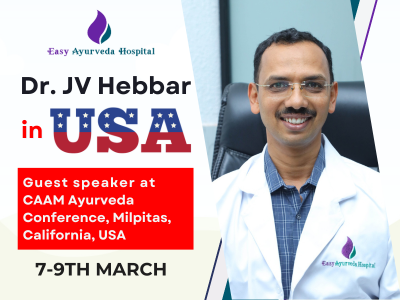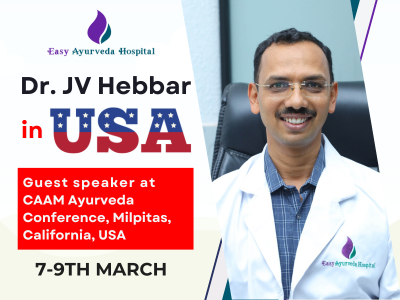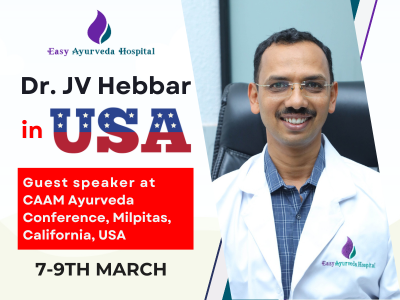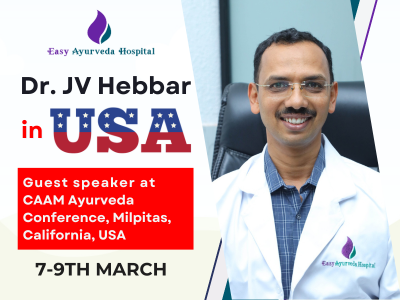The work of Dr. Edith Eger has been celebrated by Oprah, Brene Brown and many others over the years — including countless readers who have been changed by her NYT-bestseller, The Choice. Here at the end of 2022, Dr. Eger’s empowering message of personal resilience seems more relevant than ever.
As a survivor of the Holocaust, Dr. Eger has endured unfathomable suffering and has constructed a unique approach to psychology she calls “choice therapy”. In the introduction to her latest book, The Gift, 14 Lessons to Save Your Life, Eger lays out the four foundational principles behind this therapy and we found them incredibly empowering.
Take some time and enjoy this simple excerpt from the book. If it resonates, consider picking up a copy of your own or checking out Eger’s online courses for that quiet week after Christmas…
Dr. Edith Eger On the Transformational Power of Choice
My therapeutic approach is eclectic and intuitive, a blend of insight- and cognitive-oriented theories and practices. I call it choice therapy, as freedom is fundamentally about choice. While suffering is inevitable and universal, we can always choose how we respond, and I seek to highlight and harness my patients’ power to choose—to effect positive change in their lives.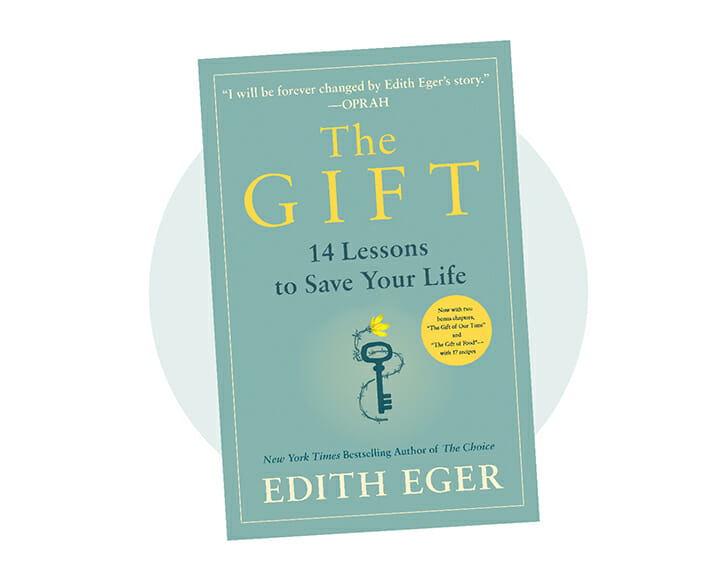

My work is rooted in 4 core psychological principles:
HARNESS LEARNED OPTIMISM First, from Martin Seligman and positive psychology, the concept of “learned helplessness”—that we suffer most when we believe that we have no efficacy in our lives, that nothing we do can improve the outcome. We flourish when we harness “learned optimism”—the strength, resiliency, and ability to create the meaning and direction of our lives.
THOUGHTS CREATE FEELINGS Second, from cognitive-behavioral therapy, the understanding that our thoughts create our feelings and behavior. To change harmful, dysfunctional, or self-defeating behaviors, we change our thoughts; we replace our negative beliefs with those that serve and support our growth.
UNCONDITIONAL POSITIVE SELF-REGARD Third, from Carl Rogers, one of my most influential mentors, the importance of unconditional positive self-regard. Much of our suffering stems from our misconception that we can’t be loved and genuine—that if we are to earn others’ acceptance and approval, we must deny or hide our true selves. In my work I strive to extend unconditional love to my patients, and to guide them to discover that we become free when we stop wearing masks and fulfilling the roles and expectations others assign us, and start unconditionally loving ourselves.
OUR WORST EXPERIENCES CAN BE OUR BEST TEACHERS Finally, I work from the understanding, shared with my beloved mentor, friend, and fellow Auschwitz survivor Viktor Frankl, that our worst experiences can be our best teachers, catalyzing unforeseen discoveries and opening us up to new possibilities and perspectives. Healing, fulfillment, and freedom come from our ability to choose our response to whatever life brings us, and to make meaning and derive purpose from all we experience—and in particular, from our suffering.
Freedom is a lifetime practice—a choice we get to make again and again each day. Ultimately, freedom requires hope, which I define in two ways: the awareness that suffering, however terrible, is temporary; and the curiosity to discover what happens next. Hope allows us to live in the present instead of the past, and to unlock the doors of our mental prisons.
Read Next: There I Am: A Timely Interview With Ruthie Lindsey On Trauma, Hope + Healing
Share the post “4 Powerful Principles We Learned From Holocaust Survivor Dr. Edith Eger”





